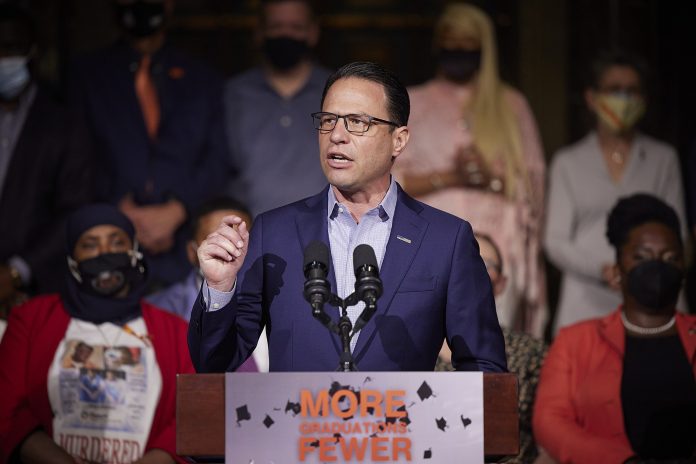If implemented effectively, the executive order will make state agencies more focused on customer service
Governor Josh Shapiro has built on a previous occupational licensing reform in Pennsylvania with a new executive order. Under the order, Shapiro’s office will set a maximum acceptable length of time for state agencies to process license applications. Whenever an agency exceeds the time limit, it will be required to return the applicant’s fee.
In an accompanying press release, the Governor’s office observed that “Unpredictability and long wait times for Commonwealth‐issued licenses, certificates, and permits can create unnecessary barriers for Pennsylvania workers and businesses.” The release concluded that:
Under the direction of the Governor, the Administration will work expeditiously to ensure Pennsylvanians get responses in a timely manner—and the Shapiro Administration will have real skin in the game. Governor Shapiro is making clear his Administration will be customer‐service oriented and that state government will work harder to get them a response, so that they can pursue their dreams.
If implemented effectively, the order will make state agencies more focused on customer service: an orientation that should be appreciated by anyone who has spent hours waiting at a DMV office. It will also further ease the state’s historically onerous licensing regime.
The order builds on a 2019 law that implemented universal licensing recognition. Under that year’s House Bill 1172, a professional can obtain a license from Pennsylvania if he or she holds a license in another state, territory or country if the other jurisdiction’s requirements are similar to or more rigorous than those in the Keystone State.
These are promising steps, but the state can do more to ease the burden of occupational licensure. Beyond cataloging licensing requirements and establishing reasonable turnaround times, policymakers should look for opportunities to remove redundant or unnecessary licensing requirements.
For example, Pennsylvania is one of only fifteen states that license crane operators. This may seem to be a necessity given safety concerns, but the federal Occupational Safety and Health Administration (OSHA) also sets requirements for this profession. Neighboring West Virginia recently dropped its crane operator licensing regime in deference to the OSHA rules.
While most states do not require individuals to obtain a certification to weigh objects, in Pennsylvania they must pay $60 and complete a license application if they plan to be “involved in weighing a commodity for commercial purposes where the gross, tare and net may be determined by use of a large capacity scale (scales that measure weights of greater than 1,000 pounds).”
Governor Shapiro’s early executive order focusing on licensing delays shows the new Administration’s interest in removing marketplace barriers. Hopefully, this will be the first of many reforms that improve opportunities for aspiring service providers and offer more options for the customers they hope to serve.
Originally published by the Cato Institute. Republished with permission under a Creative Commons Attribution-NonCommercial-ShareAlike 4.0 International License.
For more from Budget & Tax News.
For more public policy from The Heartland Institute.











